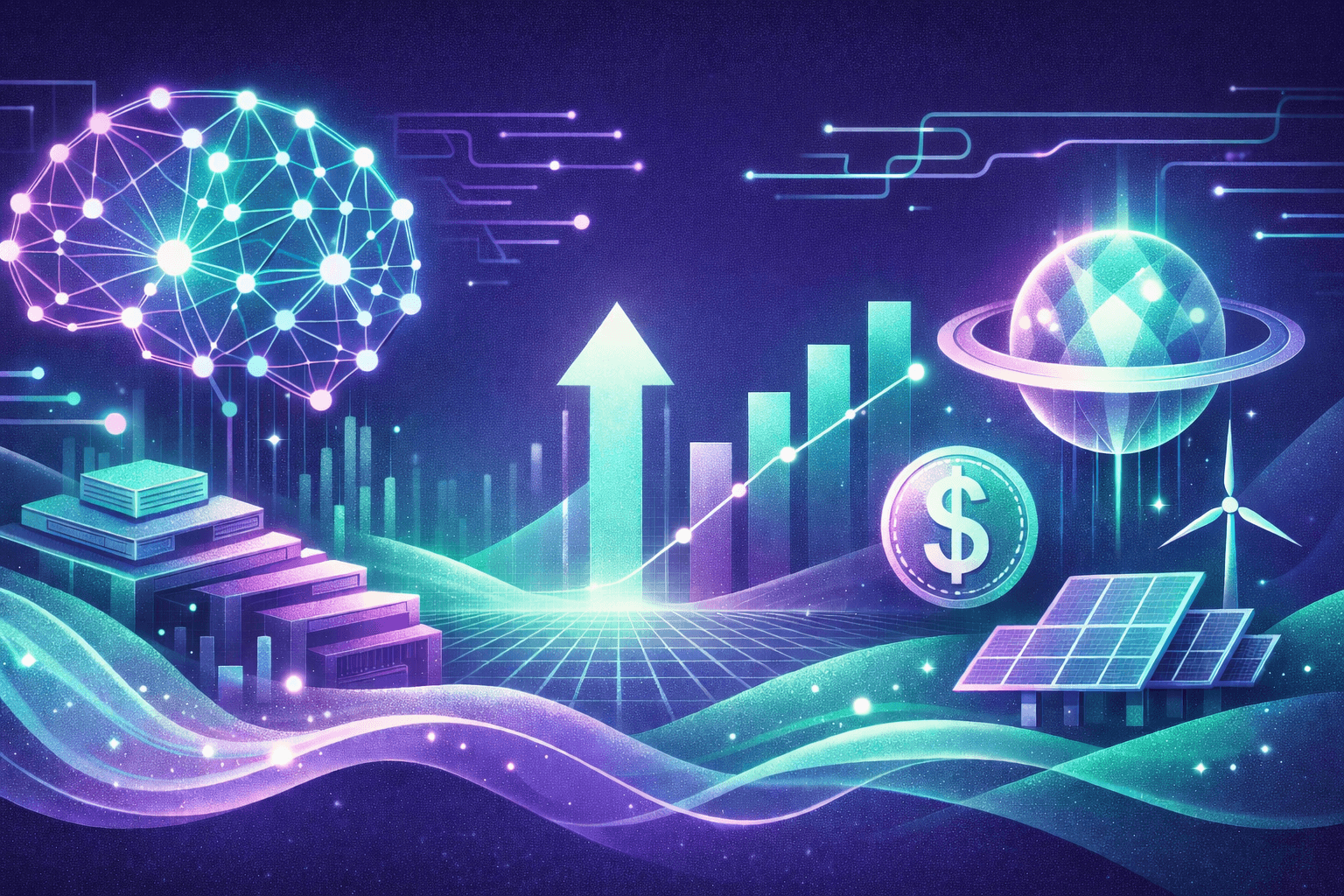In a world where artificial intelligence (AI) is becoming increasingly integrated into our daily lives, it’s tempting to lean heavily on these powerful tools to simplify our work, streamline processes, and even spark creativity. Yet, as we race toward a future where machines do more thinking for us, we must pause to ask a critical question: Are we outsourcing too much of our knowledge to AI, and in doing so, losing touch with our fundamental human purpose?
Why This Matters
The ancient Greek maxim “know thyself” is as relevant today as it was thousands of years ago. At its core, it reminds us that our primary task on this planet is to engage in self-discovery and creation. These are deeply human endeavors that cannot be fully replicated by machines, no matter how advanced. As AI continues to evolve, the pressure to rely on it will only increase, forcing us to reflect more closely on what we are willing to delegate to machines and what we must preserve as distinctly human.
Riley Brown, a prominent tech influencer, recently illustrated this dilemma perfectly. He remarked:
This sentiment speaks volumes about the tension many of us feel as we navigate the growing capabilities of AI. While AI can perform tasks that once required years of human training, it often leaves us yearning for a deeper understanding of the underlying principles — the fundamentals that give us true mastery.
The Case for Fundamentals
As AI becomes more embedded in our workflows, the danger lies in becoming overly dependent on it, to the point where we forget how to do things ourselves. Just as calculators have made mental arithmetic a lost art for many, AI risks turning us into passive recipients of machine-generated solutions. But there’s still a strong case for learning and mastering the fundamentals, whether it’s coding, critical thinking, or the classical studies of the quadrivium and trivium.
Consider the process of building an app with AI (something many of us are doing now with Claude, Cursor, and more recently for me, Create). As I’ve observed other coders using AI tools to create their own apps, I’ve noticed that their paths toward problem-solving often differ from mine.
This divergence highlights the importance of personal knowledge and creativity in guiding AI tools. AI can provide suggestions, but it is our understanding of the basics that allows us to evaluate those suggestions, make informed decisions, and ultimately achieve the best outcomes.
Without a grounding in fundamental skills, we risk becoming mere operators of AI tools, rather than their masters. This is not just a loss for the individual, but for society as a whole. The act of learning (not just memorizing, as is currently the case with today’s formal education systems) — whether it’s coding, logic, or rhetoric — shapes our minds, hones our creativity, and enables us to contribute meaningfully to the world. It is through this process that we “know ourselves” and fulfill our own destinies.
The Path Forward
As we embrace AI and machine learning (ML) in our lives, we must do so with a sense of balance. These tools are meant to enhance our capabilities, not replace them. We should welcome the efficiencies and innovations AI brings but resist the temptation to let it do all the thinking for us.
To protect ourselves from outsourcing too much of our knowledge to machines, we must commit to continuous learning and self-improvement. This means not just learning how to use AI tools but also understanding the underlying principles that govern them. It means maintaining a curiosity about the world, nurturing our creativity, and staying engaged in the process of self-discovery.
In the end, AI is just that — a tool. How effectively it works depends on the knowledge and wisdom of the person using it. By keeping the fundamentals alive, we ensure that AI remains a powerful extension of our minds, not a substitute for them.
In a world that increasingly values speed and efficiency, we must remember that some things — like understanding ourselves — cannot be rushed or outsourced. The journey to “know thyself” is one that each of us must take, and it’s a journey that no machine can take on our behalf.
Comments





